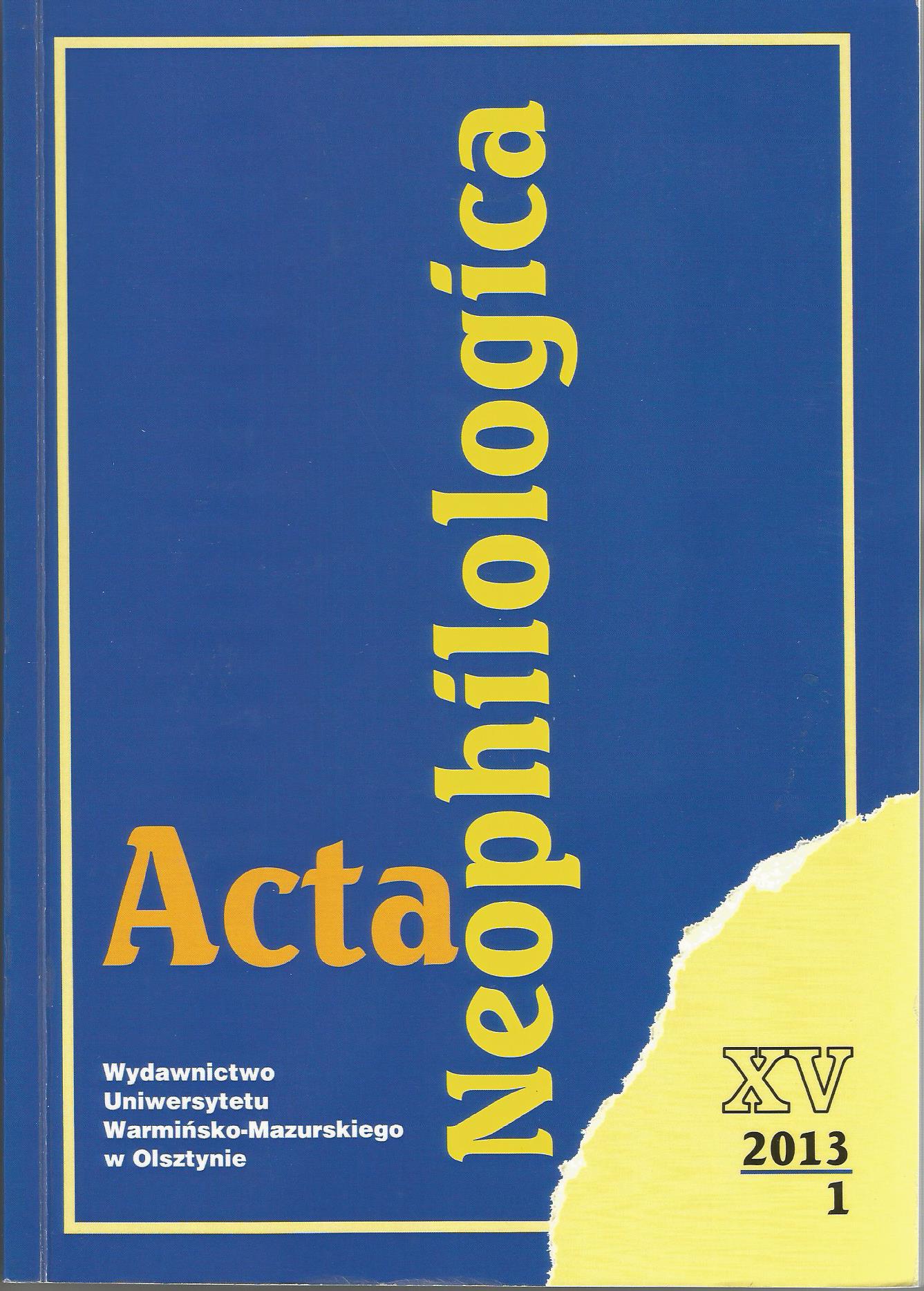English herd and Polish trzoda: How the Two Words Developed from One Proto-Indo-European Etymon
English herd and Polish trzoda: How the Two Words Developed from One Proto-Indo-European Etymon
Author(s): Mikołaj RychłoSubject(s): Language and Literature Studies, Theoretical Linguistics, Applied Linguistics
Published by: Wydawnictwo Uniwersytetu Warmińsko-Mazurskiego w Olsztynie
Keywords: Polish-English cognates; diachronic phonology; sound changes
Summary/Abstract: The paper concentrates on the historical comparison of English herd and Polishtrzoda from the perspective of the hypothesis of common origin. As Polish and Englishare descendants of a common ancestor, the Proto-Indo-European language, it is expectedthat the two words, different from one another as they may seem today, go back to one and the same common proto-word. Consequently, the pair of cognates should exhibit thesound correspondences which result from sound changes. The main aim of the paper is toexplain the relatedness and differentiations of the modern reflexes of the original Proto-Indo-European word and to account for their different phonological developments in bothlanguages with a view to understanding the connection between the contemporary cognates.This aim is realised by means of searching for sound changes that explain the discrepancyin the phonological shapes of modern cognates and collecting other pairs of cognatesthat demonstrate the effect of these sound changes. As the result of the historical andcomparative analysis, it is argued that some of the reconstructions are more likely than othersand, in conclusion, the most probable development of the two cognates is outlined in thechronological order.
Journal: Acta Neophilologica
- Issue Year: 1/2013
- Issue No: XV
- Page Range: 155-165
- Page Count: 11
- Language: English

